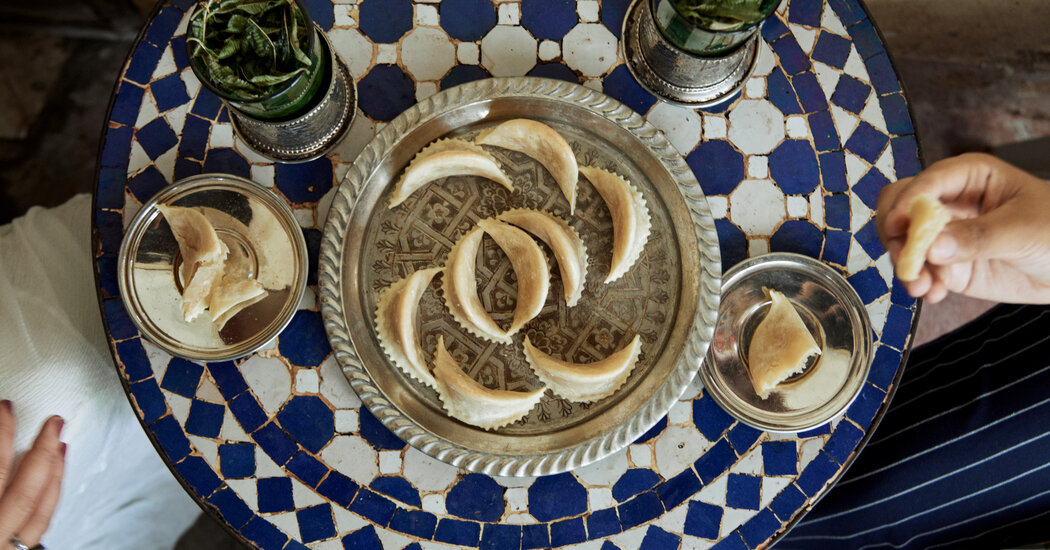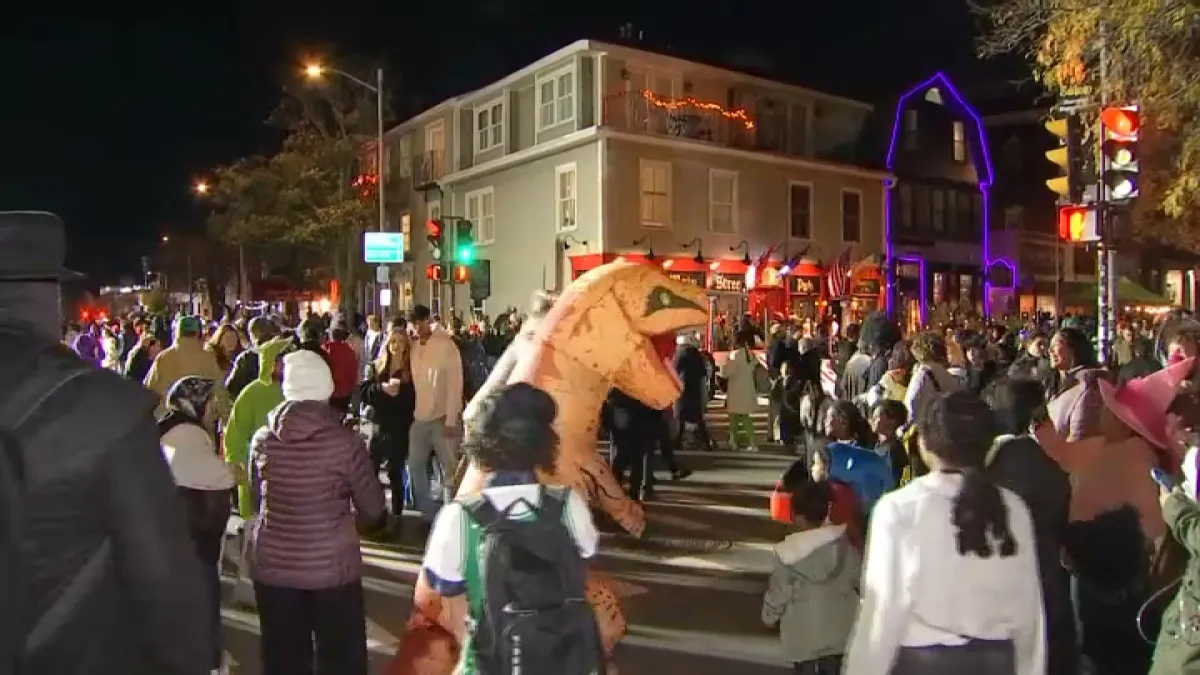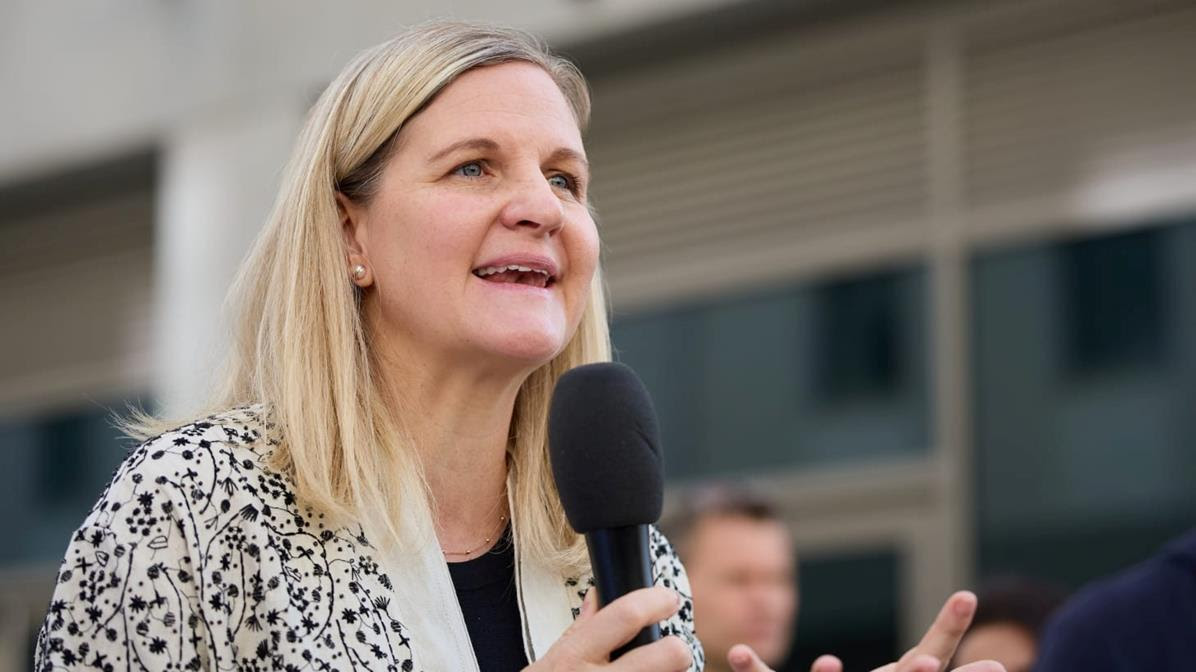Copyright The New York Times

Every morning, display cases at patisseries throughout Morocco are packed with at least a dozen varieties of traditional confections — many elaborately swirled, dripping with honey, coated in powdered sugar, covered in slivers of almonds or sprinkled with fennel seeds — but it’s the plainest looking among them, the crescent-shaped kaab el ghazal, that tend to sell out by afternoon. “They’re the divas of the Moroccan pastry world,” says Hamza Choukairi, 30, a fashion and interior designer in Tangier. “No other pastry can compete.” A World of Pastries How baked goods help tell the story of culture across the globe. A taste of bánh in Vietnam, conchas in Mexico, egg tarts in Hong Kong, wienerbrød in Denmark, trompe l’oeil entremets in France, kaab el ghazal in Morocco, convent sweets in Spain, baklava in Turkey and Frankenpastries in New York. Plus find recipes for home baking here. And take a closer look at the covers. Typically unadorned or etched with a simple pattern, they aren’t as easy to make as they appear. They’re stuffed with a paste made from almonds (ideally the faintly bitter varietal that grows in the country’s Fez-Meknes region) scented with orange blossom water and often made tacky with mastic — the resin of the Mediterranean tree. Then the mixture is wrapped in a flour dough that’s rolled and stretched until paper thin and baked just long enough to turn tender. Over the centuries, kaab el ghazal became a fixture at Moroccan feasts, weddings and religious celebrations. Called gazelle horns in French (“cornes de gazelle”) and gazelle ankles in Arabic, their name refers to the pastry’s curved shape, evoking the animal that’s long been a symbol of grace and beauty in Arabic poetry. One folk tale tells of a princess in a forced marriage whose lover, after collapsing on his way to reach her, was revived by almonds and honey hidden in gazelle horns. Over time, the pastry itself came to signify love, endurance and good fortune. Once made in vast quantities at home, kaab el ghazal — as well as other typical sweets featuring honey, almonds, walnuts, peanuts or sesame — played an important social role. “In the past, there were no caterers,” says Hakima Alami, 75, who opened Marrakesh’s Pâtisserie Traiteur Al Jawda in 1985. “For weddings or religious ceremonies, the women of the family would gather, trading stories and recipes as they worked.” Today kaab el ghazal are still considered special-occasion treats (almonds are fairly expensive) but, in many homes, they’re also commonly offered to guests along with mint tea. “A lot of people usually keep a few in the refrigerator,” says Choukairi. “In Morocco, with our culture of hospitality, you never know when someone’s going to knock on the door.” While modern interpretations are emerging in Marrakesh (Pierre Hermé’s patisserie at La Mamounia hotel sells an oversize kaab el ghazal made with orange marmalade and Chantilly cream), the chef Alia Al Kasimi, 44, who founded the popular YouTube cooking channel Cooking With Alia, says the best are found in the city of Fez, established in the late eighth century and the culinary heart of the country. Orange blossom water is distilled in copper pots there in early spring, just as it’s been for centuries. Many locals are particularly partial to the kaab el ghazal sold by Abderrahmane Oulidi from his tiny stall across from the Chrabliyine Mosque in the Fez medina, one of the world’s oldest. There, Oulidi bakes the cookies made by his wife, from a generations-old recipe, in a wood-fired oven. Many of his customers take their treats to Sidi Abdellah’s sliver of a tearoom, up a steep staircase in the maze of the medina, to eat with a glass of herb-infused tea while catching up on the local gossip — another unyielding tradition, and just as sweet. Production by Plan-It-Morocco



